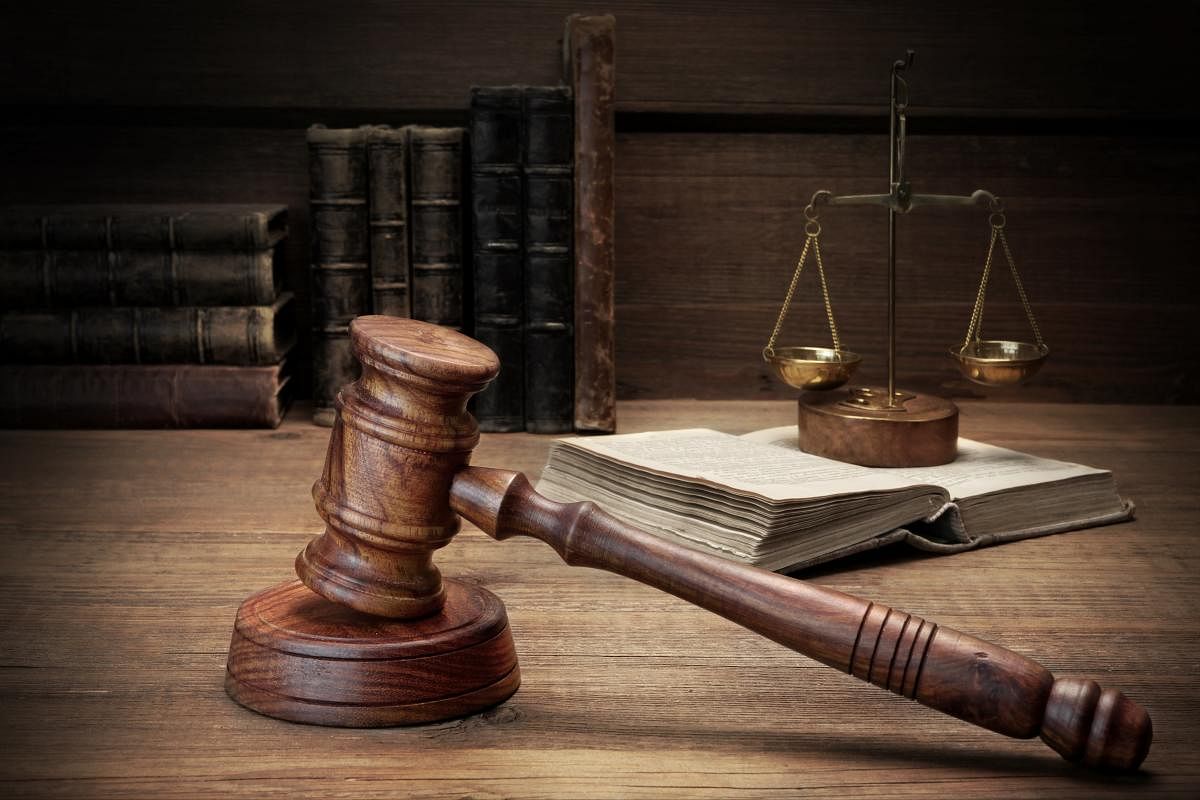The Supreme Court’s directive to speed up the trial of criminal cases against legislators in two states may be seen as part of the process the court had initiated to make elected representatives accountable for their actions and to ensure that they do not get away with their crimes. The court has ordered that special designated courts should be set up in each district of Bihar and Kerala to try pending criminal cases against sitting and former lawmakers. The court also said that more of them could be set up if required. A year ago, the court had directed that the cases against members of parliament and state assemblies should be fast-tracked through special courts. Three months ago, the court decided to monitor the working of 12 courts that had been set up in different states. It also wanted to know from the states and high courts whether more courts were needed and how many cases were referred to them. The latest directive is a sign of the court’s continuing interest in the matter.
Bihar and Kerala are states with a large number of cases against legislators. In fact, every state has a prominent place in the hall of shame, and Uttar Pradesh leads them with over 990 cases. The court’s interest is clear from the fact that it has given detailed directives and guidelines about how the cases should be taken up by the special courts. It has fixed the sequence for trial by mandating that offences punishable with death sentence or life imprisonment should get the top priority. The amicus curiae in the matter told the court that earmarking a particular court in each district both at sessions and magisterial levels with the mandate to treat cases on a priority basis might help in timely completion of cases.
The court was told that there are 4,122 criminal cases pending against present or former legislators. Charges are yet to be framed in some of them. There are 2,324 cases against sitting legislators and 1,675 against former lawmakers. If the court’s guidelines are followed, most of them may be decided soon, though politicians will still try to obstruct and delay justice. It has even been argued that setting up of special courts for politicians is discriminatory and illegal. But the Supreme Court knows what it is doing, and its determination and persistence should be welcomed. Decisions in the existing cases will not put an end to the culture of crime that has become endemic to politics. The bigger challenge is to ensure that new cases do not arise in future. And that can be ensured only if political parties do not put up for election people with criminal records or cases pending against them.
